Bird feeders offer us the chance to help feed our feathered friends while enjoying their fun and playful natures. Unfortunately, they are not without their risks. If you place one outside your home without considering all the potential risks (and benefits), it could do more harm than good. Here are the top 8 reasons you should never install bird feeders in your yard.
Bird Feeders Can Harm Wildlife
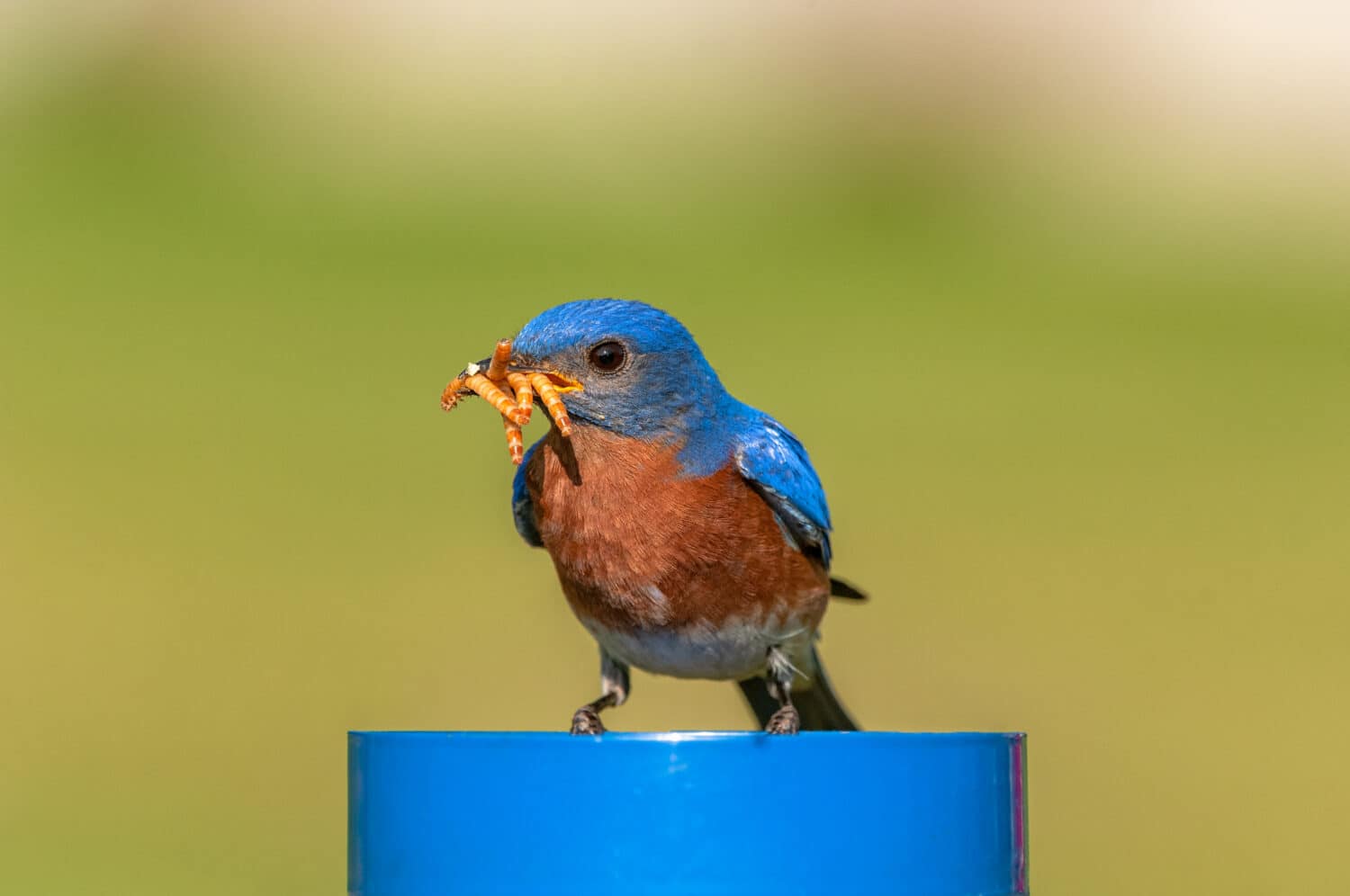
Installing bird feeders in the wrong place can do more harm than good.
©Alan B. Schroeder/Shutterstock.com
It may come as a surprise that installing feeders in your yard can actually harm wildlife. But it’s true. One of the leading problems is when people install them too close to their windows. This location is tempting. After all, it gives you a better opportunity to watch the birds feed while you’re working inside. However, installing them too close to windows will result in some birds accidentally flying into the glass. This action can hurt and/or kill them.
Bird Feeders Cause a Mess
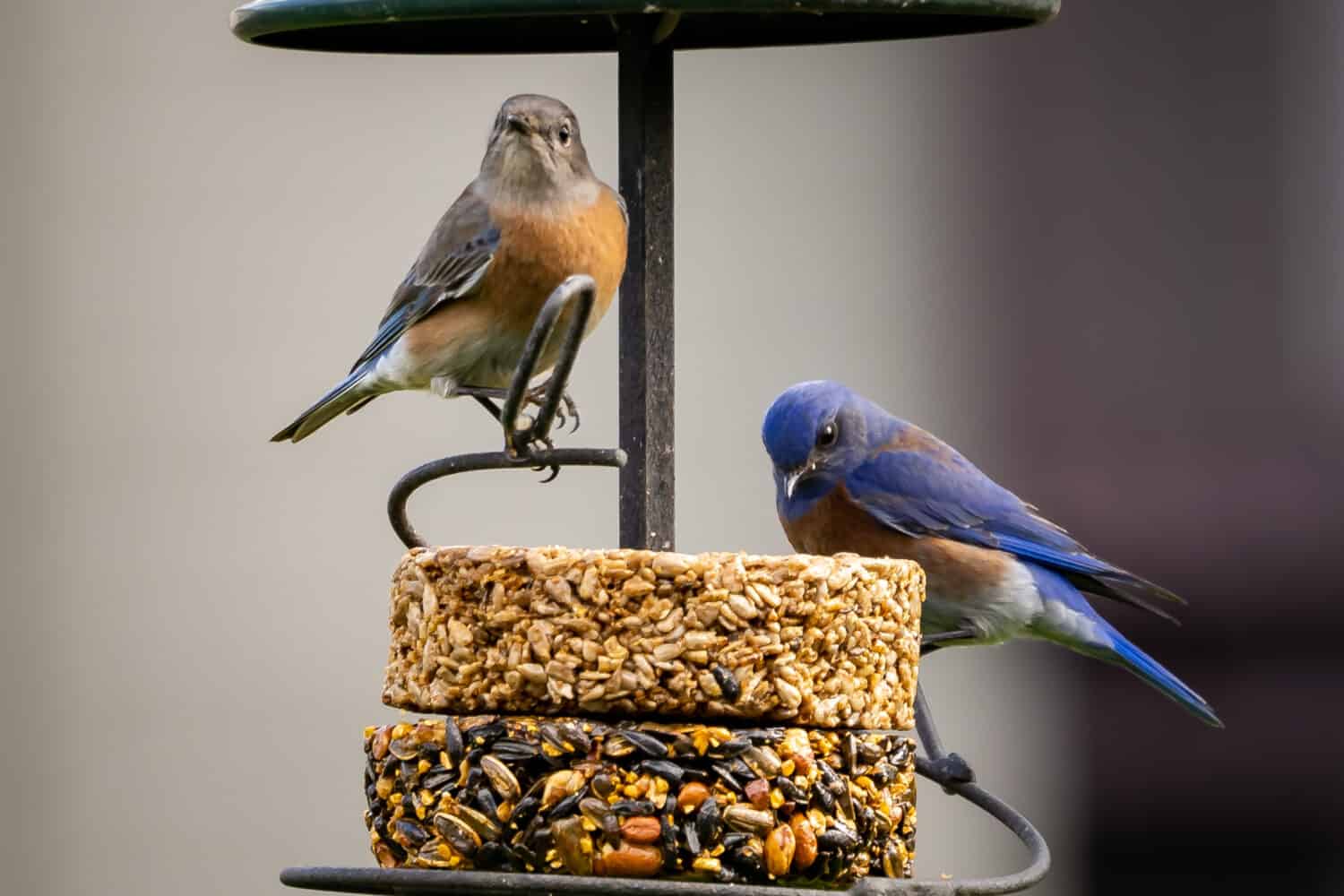
All the delicious nuts and seeds have shells that will end up all over your yard, porch, or patio.
©d murk photographs/Shutterstock.com
If you don’t have the time to clean and maintain your feeders regularly, you may want to reconsider installing one. Birds have no qualms about using the restroom while they eat, which means you will end up with bird poop on the feeder and on your deck or patio. They also tend to make a serious mess when they eat. You’ll be sweeping shells and food remnants up after nearly every visit.
Bird Feeders Attract Bigger Animals
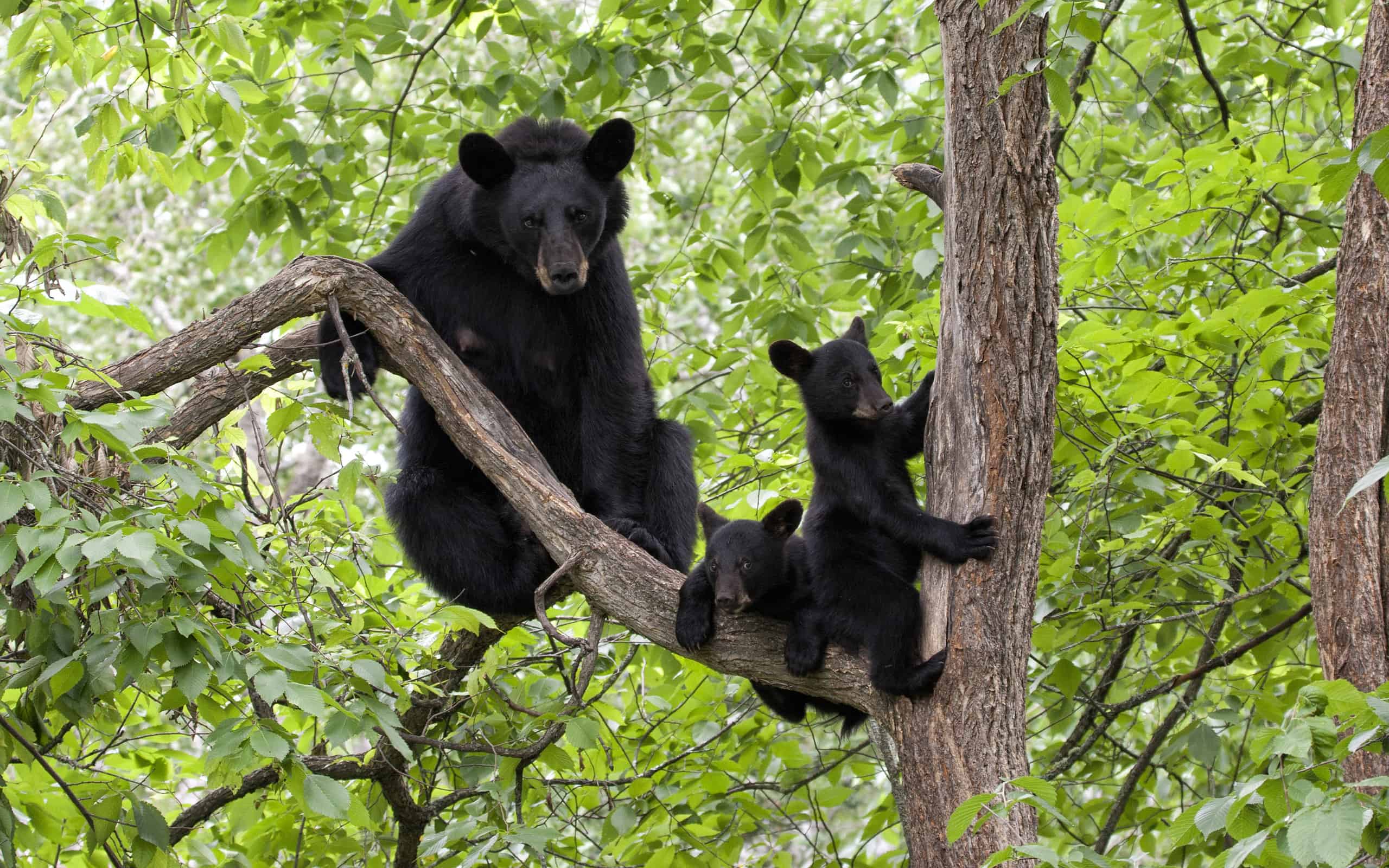
Black bears are curious animals and can easily get into and damage bird feeders.
©dssimages/iStock via Getty Images
This problem is most prominent if you live in or close to mountains, natural areas, or undeveloped tracts of land. Bigger animals see bird feeders as easy pickings and have no problem munching on the bird seed. The largest problems you may encounter include bears and deer, who can seriously damage or destroy your feeder while trying to access the food. The best way to avoid unwanted visitors or destroyed feeders is to bring them in at night.
Bird Feeders Aren’t Cheap
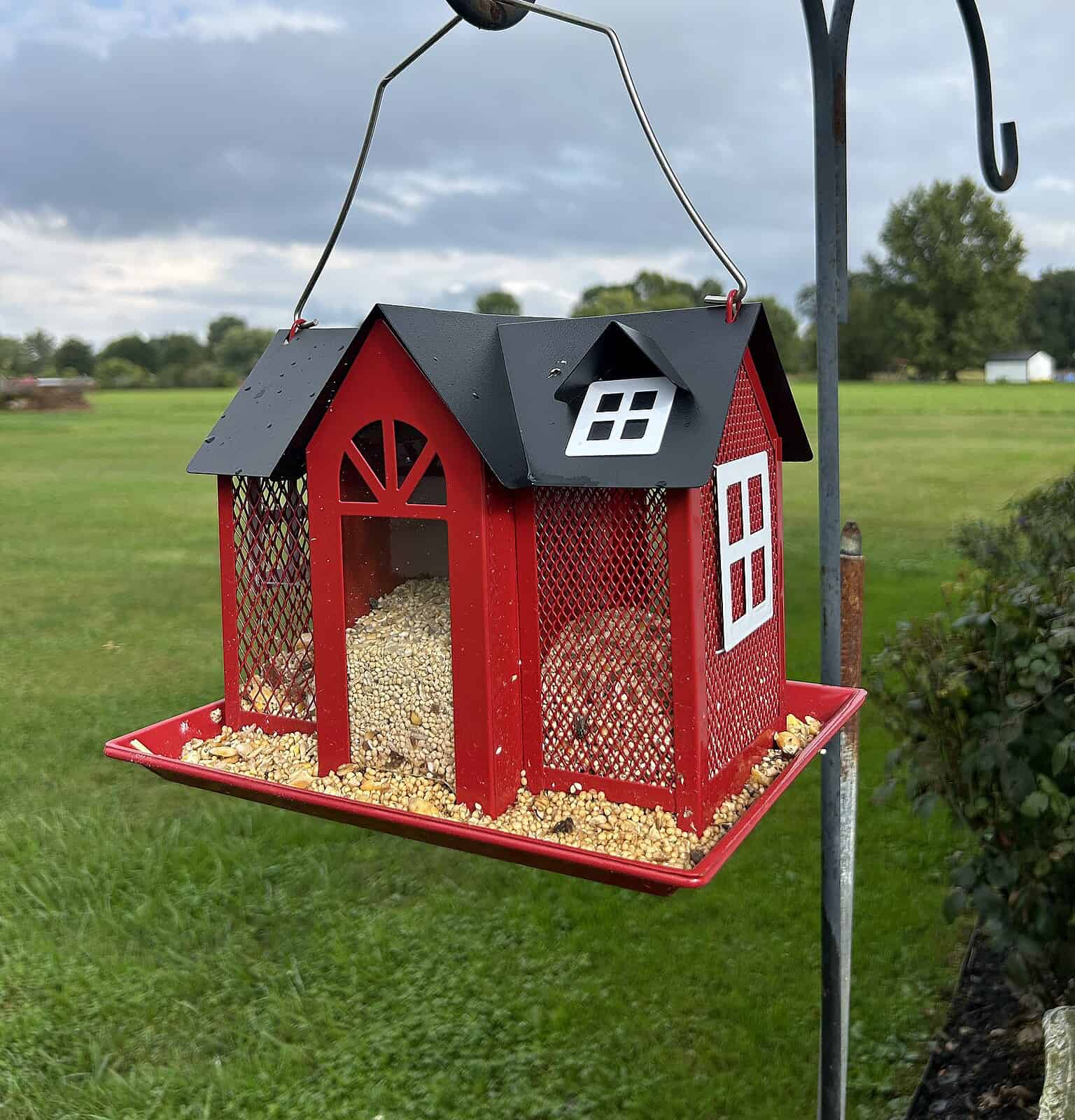
Whether you purchase a beautiful storebought feeder or take the DIY route, you still need to purchase the feed.
©Mcedm / CC BY-SA 4.0 - License
Sure, you can purchase relatively inexpensive options. They won’t be the best quality, but they will get the job done. However, that’s only the tip of the investment iceberg. All feeders require upkeep, maintenance, and regular resupply of bird feed. All of those costs add up. It’s essentially like adding a new pet to the family.
Bird Feeders Can Attract Pests
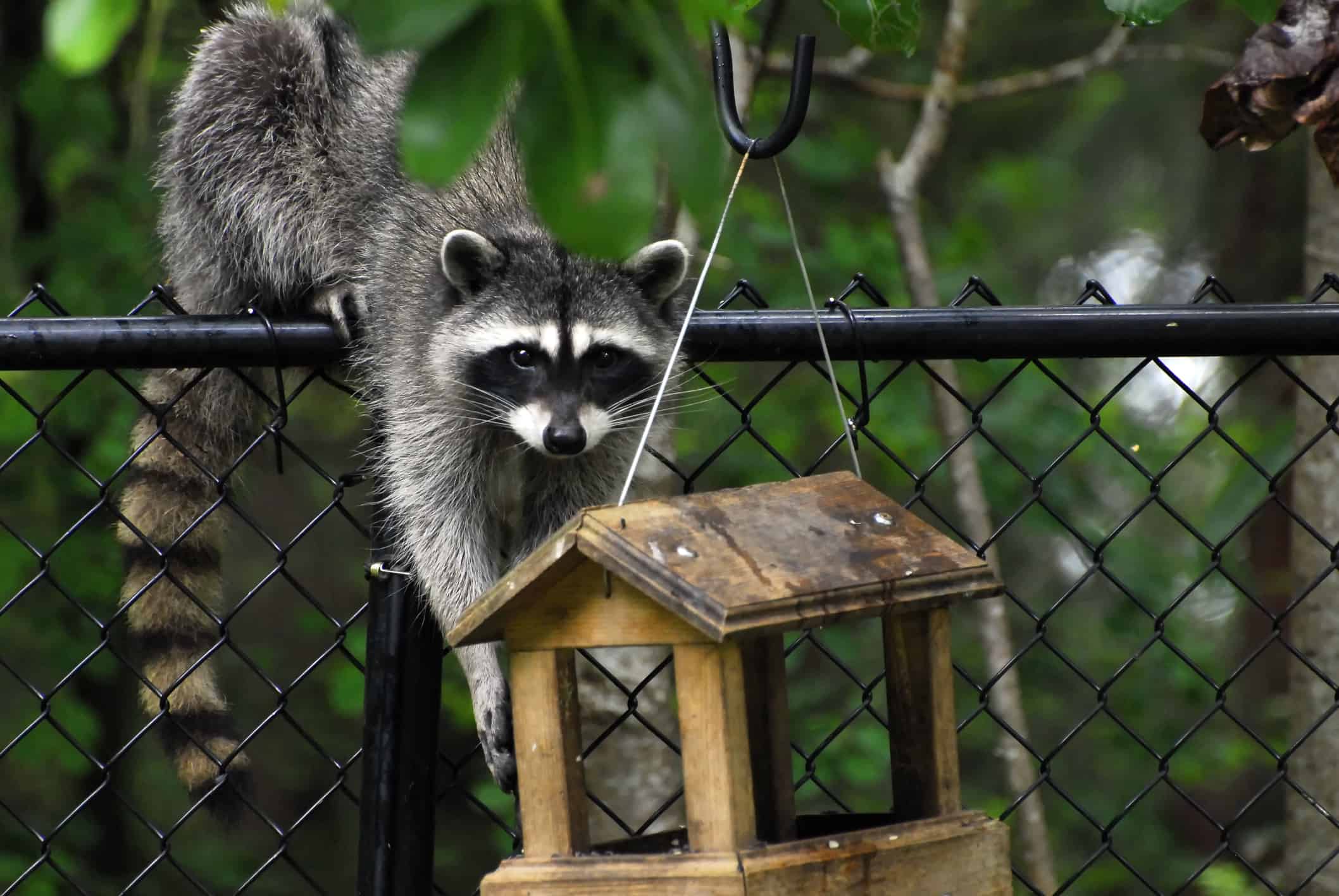
Critters like raccoons and mice can get into your bird feeder or your supply of bird seed.
©Edward Palm/iStock via Getty Images
Adding a beautiful feeder to your yard may attract pesky rodents and unwanted animals like raccoons, squirrels, and more. There are options available on the market to help guard your feeder from their destructive paws. You’ll want to take preemptive steps if your area has lots of little critters roaming around. Additionally, the feed itself can attract mice and rats. Make sure to store any extra in an airtight container, keeping it properly sealed when not in use.
Bird Feeders Help Spread Disease
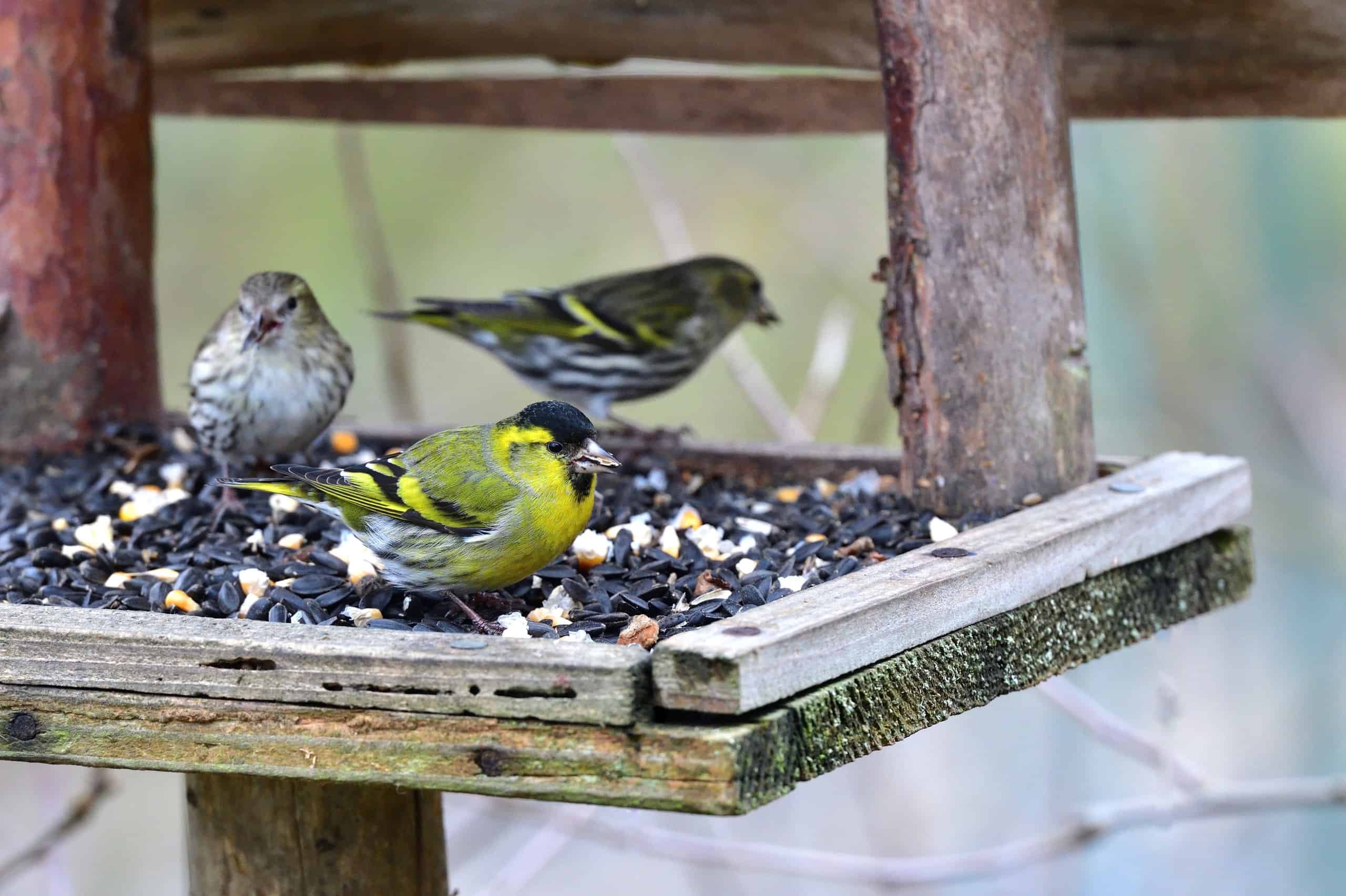
Bird feeders attract several species, which can lead to disease transfer.
©Klimek Pavol/Shutterstock.com
Many people add feeders to their yards in the hopes that they will attract a variety of bird species. And they do! The problem is that not all bird species are immune to the same diseases. So, when these birds mingle, they spread communicable diseases. One example is house finches. Bird feeders help spread conjunctivitis, making them more susceptible to predator attacks.
Bird Feeders Require Upkeep
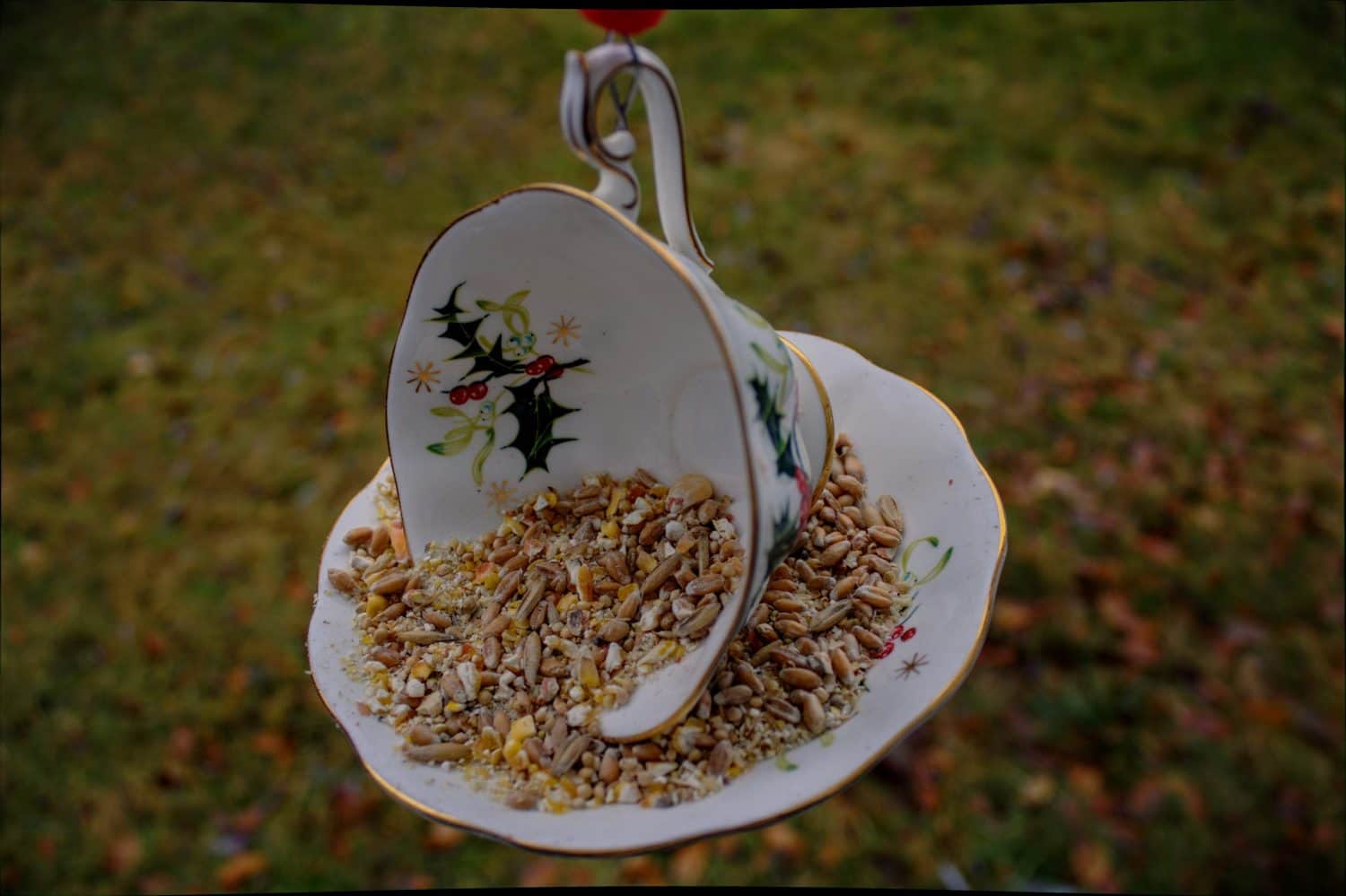
You will need to clean and maintain the bird feeder regularly, replacing old or molded feed.
©Ssirounarev/Shutterstock.com
Adding a feeder to your yard isn’t a “set it and forget it” decision. They require routine maintenance, cleaning, and upkeep. Make sure to remove any feed if it has mold or mildew growing. That’s a surefire way to make your feathered friends sick. And you will also want to clean the feeder at least bi-monthly. Doing so will help prevent the growth of any bad bacteria, ensuring the visiting birds get clean and fresh food.
Bird Feeders Can Alter Migratory Behavior
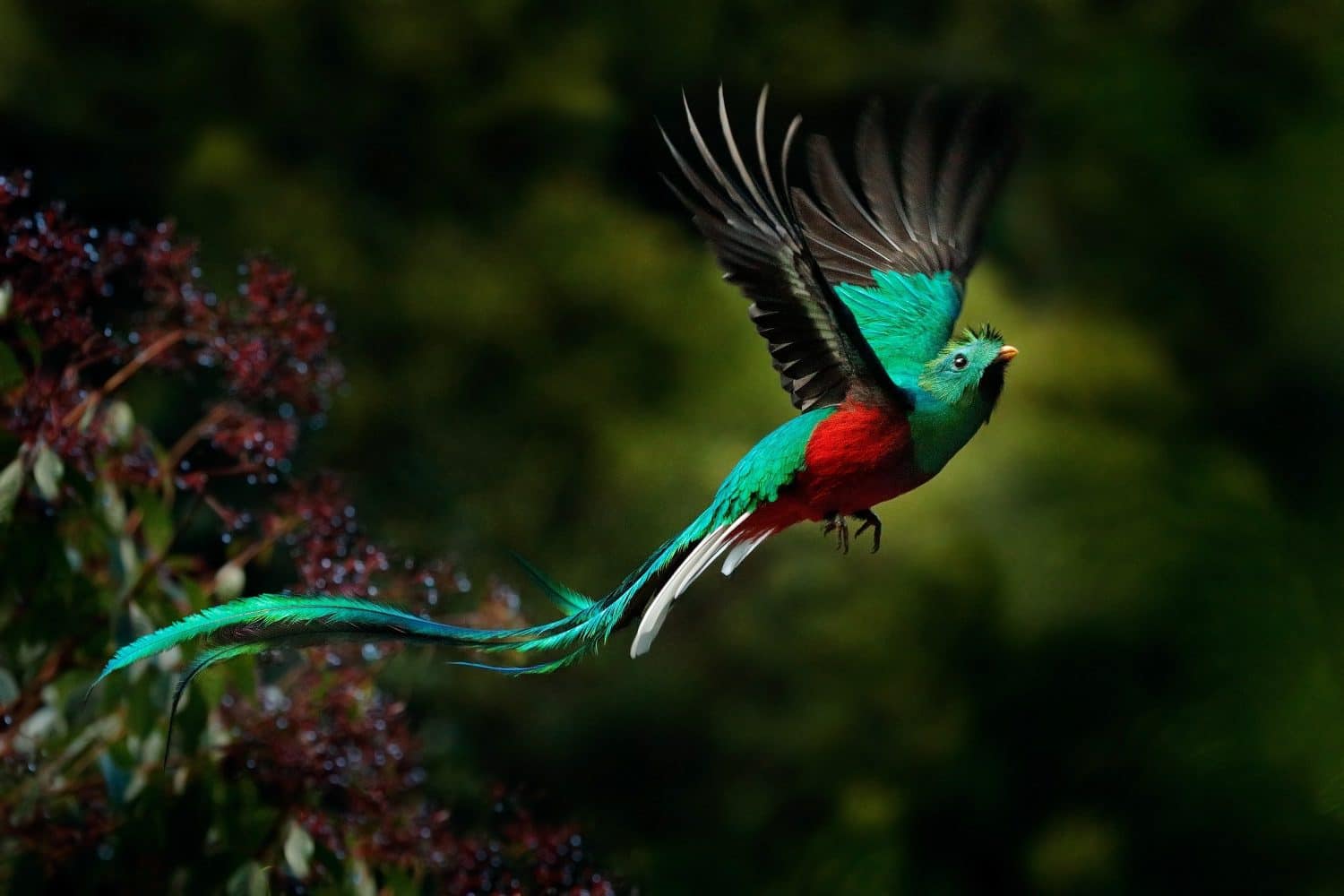
The presence of bird feeders can have the unwanted effect of altering migratory patterns.
©Ondrej Prosicky/Shutterstock.com
Many bird species have a built-in migratory pattern, moving during the winter for warmer weather and better access to food. These natural patterns help the birds thrive and ensure they remain healthy. However, readily accessible food is too tempting to pass up. When birds no longer have to forage for the bulk of their food, it reduces the need for migration.
Summary Table of the Top 8 Reasons You Should Never Install Bird Feeders in Your Yard
| Number | Bird Feeders |
|---|---|
| 1. | Can Harm Wildlife |
| 2. | Cause a Mess |
| 3. | Attract Bigger Animals |
| 4. | Aren’t Cheap |
| 5. | Can Attract Pests |
| 6. | Help Spread Disease |
| 7. | Require Upkeep |
| 8. | Can Alter Migratory Behavior |
The photo featured at the top of this post is © Sandra Burm/Shutterstock.com
Thank you for reading! Have some feedback for us? Contact the AZ Animals editorial team.







